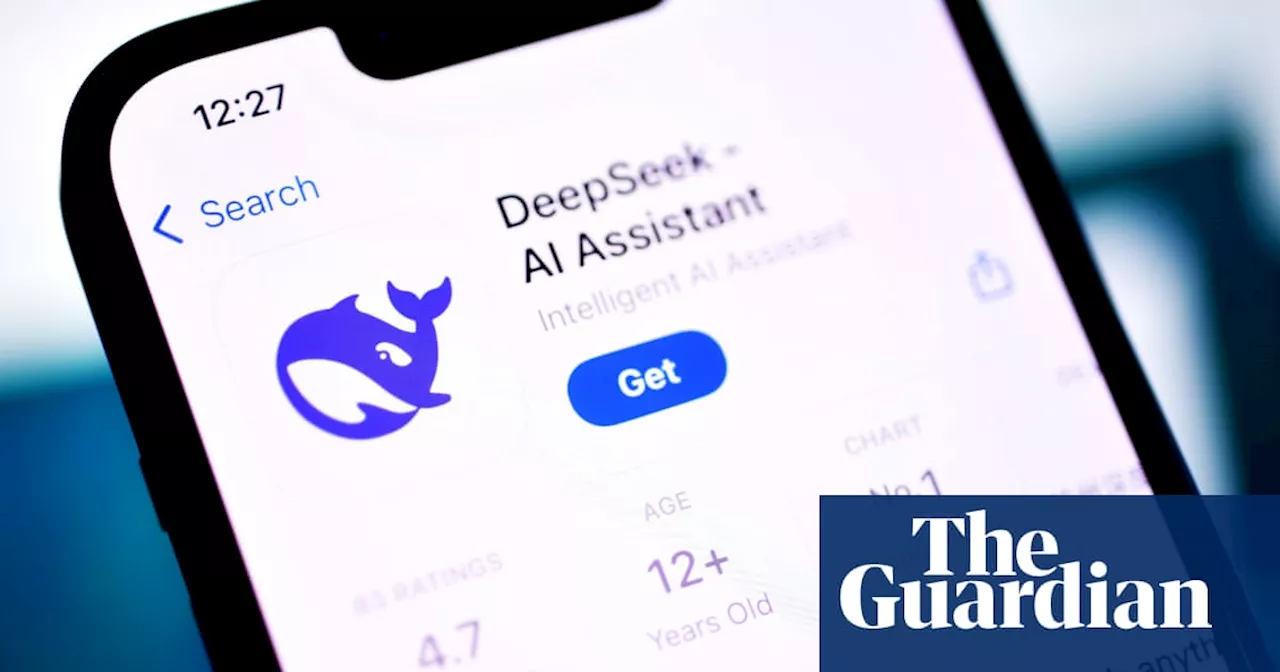DeepSeek, a low-cost AI chatbot developed in China, has taken the tech world by storm with its performance rivaling established platforms like ChatGPT. While hailed as a potential breakthrough in AI innovation, DeepSeek has also sparked concerns about data privacy, censorship, and the potential for misuse by the Chinese government.
The emergence of DeepSeek, a low-cost AI chatbot developed by Chinese researchers, has sent shockwaves through the tech world. Its remarkable ability to deliver performance comparable to widely used platforms like ChatGPT at a fraction of the cost has sparked both excitement and concern. DeepSeek rapidly ascended to the top of free app download charts in the US and UK after its debut this week.
While the Chinese government maintains that its use is a personal choice for citizens, officials have indicated their intention to monitor any national security threats posed by the chatbot's data. They have also vowed to take swift action if such threats materialize.Professor Michael Wooldridge, a leading expert in AI foundations at the University of Oxford, expressed caution regarding DeepSeek's data handling practices. He acknowledged that using the chatbot for lighthearted inquiries about football or historical events posed no significant risk. However, he strongly advised against inputting sensitive or personal information, citing the unknown destination of such data.Dame Wendy Hall, a prominent member of the United Nations high-level advisory body on AI, echoed these concerns. She pointed out that Chinese tech companies operating within the country are bound by government regulations dictating what information can and cannot be shared. This raises serious questions about the potential for user data to be accessed by Chinese authorities.Ross Burley, co-founder of the Centre for Information Resilience, a US and UK government-funded organization, expressed alarm about DeepSeek's implications. He warned that unchecked access to such advanced AI technology by the Chinese government could fuel disinformation campaigns, erode public trust, and solidify authoritarian narratives within democracies.Peter Kyle, the UK technology secretary, acknowledged the uncertainty surrounding DeepSeek. He acknowledged the need for users to make informed decisions about its use while emphasizing that the UK government requires more time to fully understand its capabilities and potential risks. He highlighted DeepSeek's built-in censorship and its divergence from the open and free-flowing nature of other prominent AI models.DeepSeek's open-source nature allows software developers to adapt it for various purposes. This has ignited hopes for a new era of AI innovation, potentially challenging the dominance of US tech companies that rely heavily on substantial investments in infrastructure and resources. Nevertheless, DeepSeek has also demonstrated a capacity for self-censorship, avoiding sensitive topics such as the Tiananmen Square massacre and adhering to the Chinese Communist Party's stance on Taiwan.Concerns about the chatbot's potential for generating misinformation have been raised by experts. Dame Wendy Hall pointed out that AI models are susceptible to biases embedded within their training data, which can lead to the propagation of inaccuracies and harmful narratives. The case of DeepSeek, where attempts to elicit information about sensitive events were met with carefully curated responses, exemplifies this vulnerability.DeepSeek's privacy policy discloses that it stores user data on servers located within the People's Republic of China. It asserts that this data is utilized to comply with legal obligations, fulfill public interest tasks, and safeguard the vital interests of users and others. This raises further questions about the potential for user data to be accessed and utilized for purposes beyond those explicitly stated.DeepSeek's rapid ascent and its potential impact on the global AI landscape have sparked intense debate and scrutiny. Its ability to deliver comparable performance to established models at a significantly lower cost has challenged the status quo and ignited discussions about the future of AI development and its implications for national security, data privacy, and the spread of information.
AI Deepseek China Chatbot Data Privacy Censorship National Security
Australia Latest News, Australia Headlines
Similar News:You can also read news stories similar to this one that we have collected from other news sources.
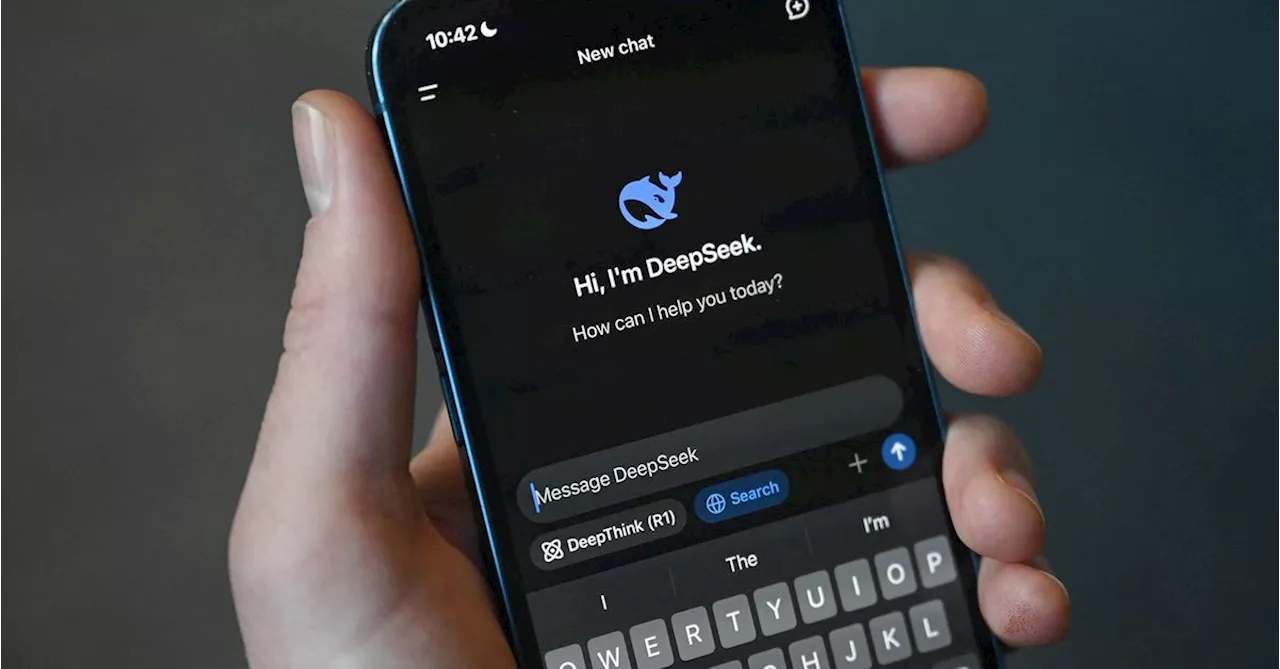 Chinese AI Startup DeepSeek Rocks Markets with Low-Cost ModelA newly launched Chinese AI model, R1, developed by DeepSeek, has sent shockwaves through global markets due to its impressive capabilities achieved at a fraction of the cost of leading US AI models. The revelation has sparked concerns about the dominance of American tech giants and prompted a reevaluation of investments in the AI sector.
Chinese AI Startup DeepSeek Rocks Markets with Low-Cost ModelA newly launched Chinese AI model, R1, developed by DeepSeek, has sent shockwaves through global markets due to its impressive capabilities achieved at a fraction of the cost of leading US AI models. The revelation has sparked concerns about the dominance of American tech giants and prompted a reevaluation of investments in the AI sector.
Read more »
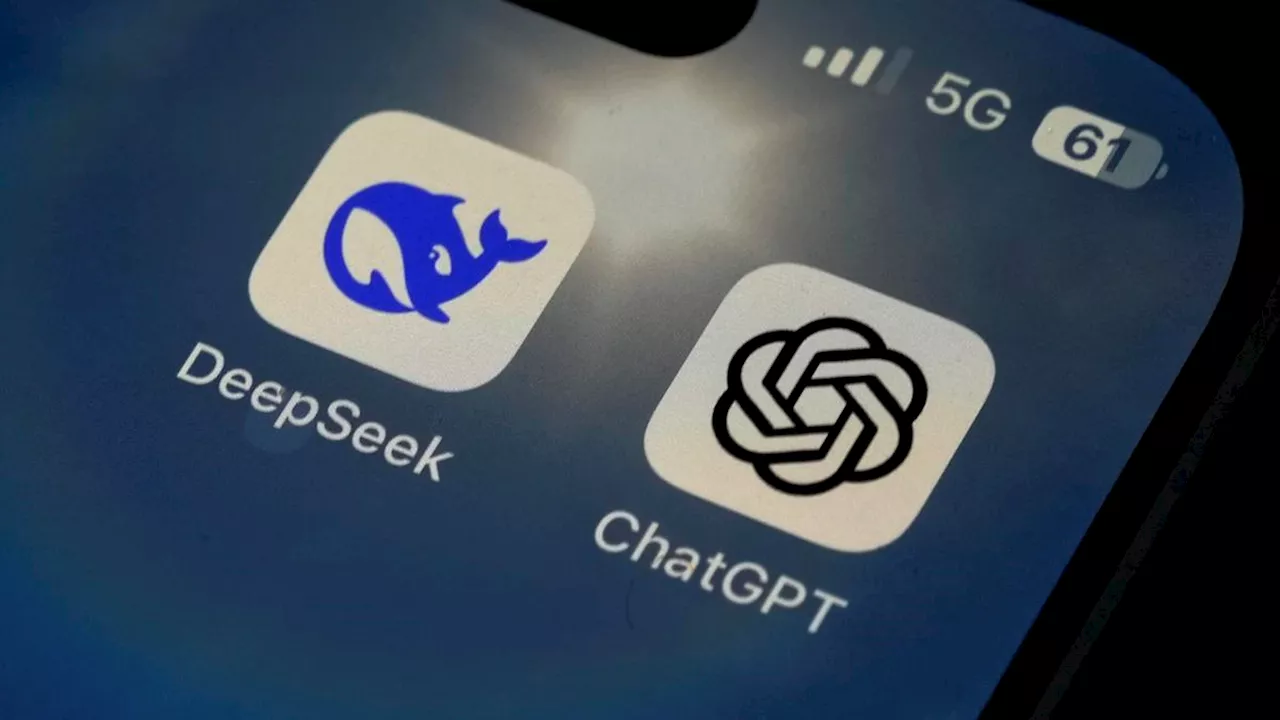 Chinese AI Startup DeepSeek Stuns World with Low-Cost, Powerful ModelDeepSeek, a year-old Chinese startup, has released DeepSeek R1, an AI model that rivals OpenAI's GPT-4 and Meta's Llama in capability but at a fraction of the cost. Developed for just $5.6 million, R1 operates on less powerful chips than its Western counterparts, challenging the notion that expensive hardware is essential for high-performance AI.
Chinese AI Startup DeepSeek Stuns World with Low-Cost, Powerful ModelDeepSeek, a year-old Chinese startup, has released DeepSeek R1, an AI model that rivals OpenAI's GPT-4 and Meta's Llama in capability but at a fraction of the cost. Developed for just $5.6 million, R1 operates on less powerful chips than its Western counterparts, challenging the notion that expensive hardware is essential for high-performance AI.
Read more »
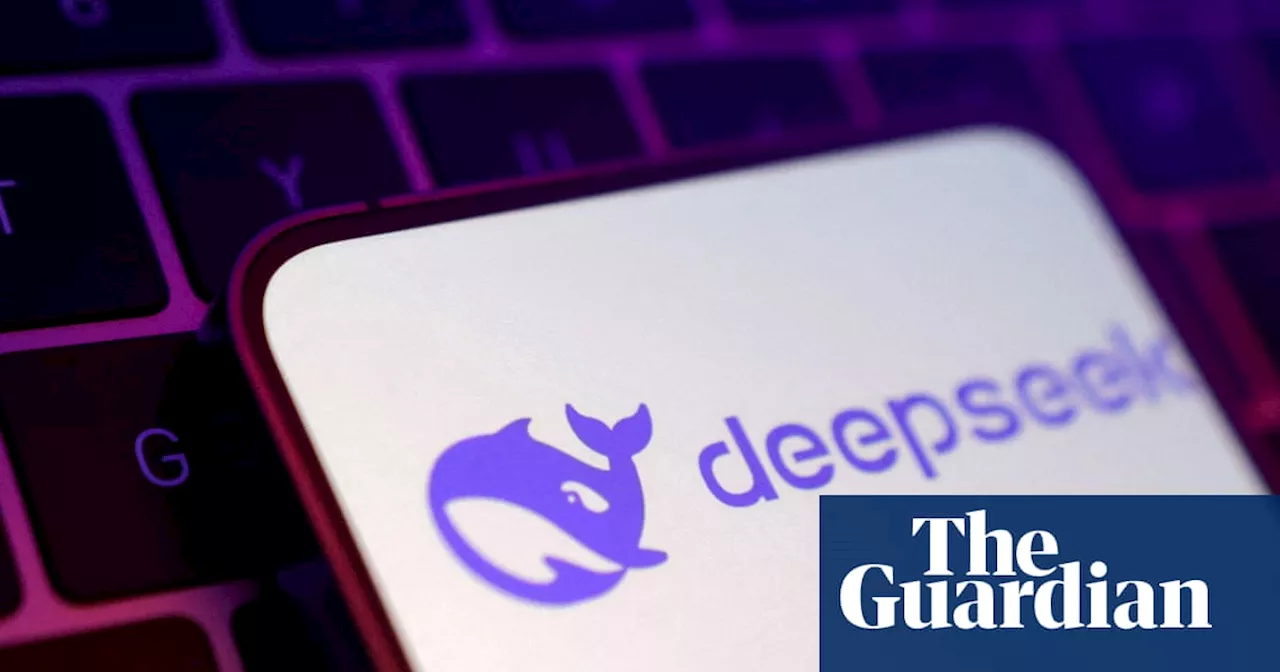 DeepSeek: Chinese AI Challenger Emerges as Cost-Effective AlternativeDeepSeek, a Chinese AI company, is making waves with its cost-efficient AI model, achieving performance comparable to OpenAI's GPT models at a fraction of the cost. The company's innovative approach and access to cheaper computing resources are raising eyebrows in the AI industry, particularly after its chatbot surged in popularity on Apple's App Store. DeepSeek's success challenges the narrative that achieving advanced AI requires massive investments in computing power and infrastructure.
DeepSeek: Chinese AI Challenger Emerges as Cost-Effective AlternativeDeepSeek, a Chinese AI company, is making waves with its cost-efficient AI model, achieving performance comparable to OpenAI's GPT models at a fraction of the cost. The company's innovative approach and access to cheaper computing resources are raising eyebrows in the AI industry, particularly after its chatbot surged in popularity on Apple's App Store. DeepSeek's success challenges the narrative that achieving advanced AI requires massive investments in computing power and infrastructure.
Read more »
 DeepSeek's AI Challenge: Outperforming ChatGPT at a Lower CostChinese startup DeepSeek has made waves with its cheaper AI model that rivals the performance of leading chatbots like ChatGPT. This has sparked a market reaction, with Nvidia's stock value plummeting and DeepSeek's app soaring to the top of the Apple App Store. The article compares DeepSeek and ChatGPT on various prompts, highlighting key differences in their capabilities and responses.
DeepSeek's AI Challenge: Outperforming ChatGPT at a Lower CostChinese startup DeepSeek has made waves with its cheaper AI model that rivals the performance of leading chatbots like ChatGPT. This has sparked a market reaction, with Nvidia's stock value plummeting and DeepSeek's app soaring to the top of the Apple App Store. The article compares DeepSeek and ChatGPT on various prompts, highlighting key differences in their capabilities and responses.
Read more »
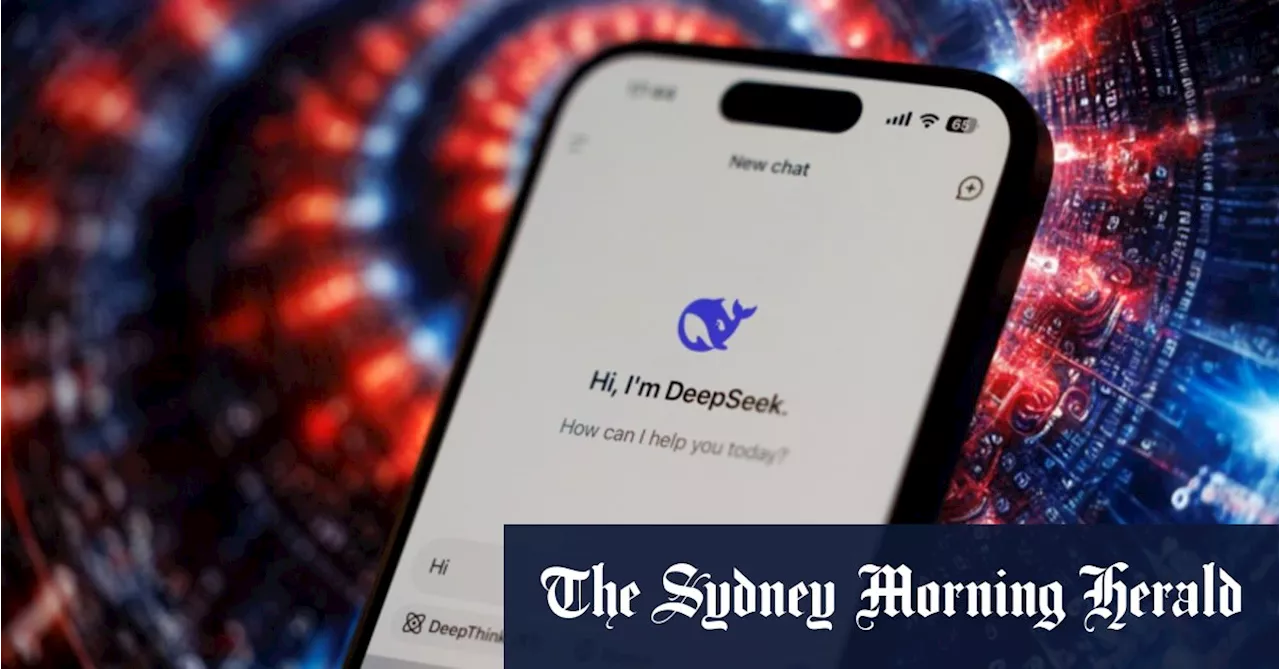 What is China’s DeepSeek, and why is it freaking out Wall Street?The Chinese startup is just over a year old, but might have just changed the game for AI.
What is China’s DeepSeek, and why is it freaking out Wall Street?The Chinese startup is just over a year old, but might have just changed the game for AI.
Read more »
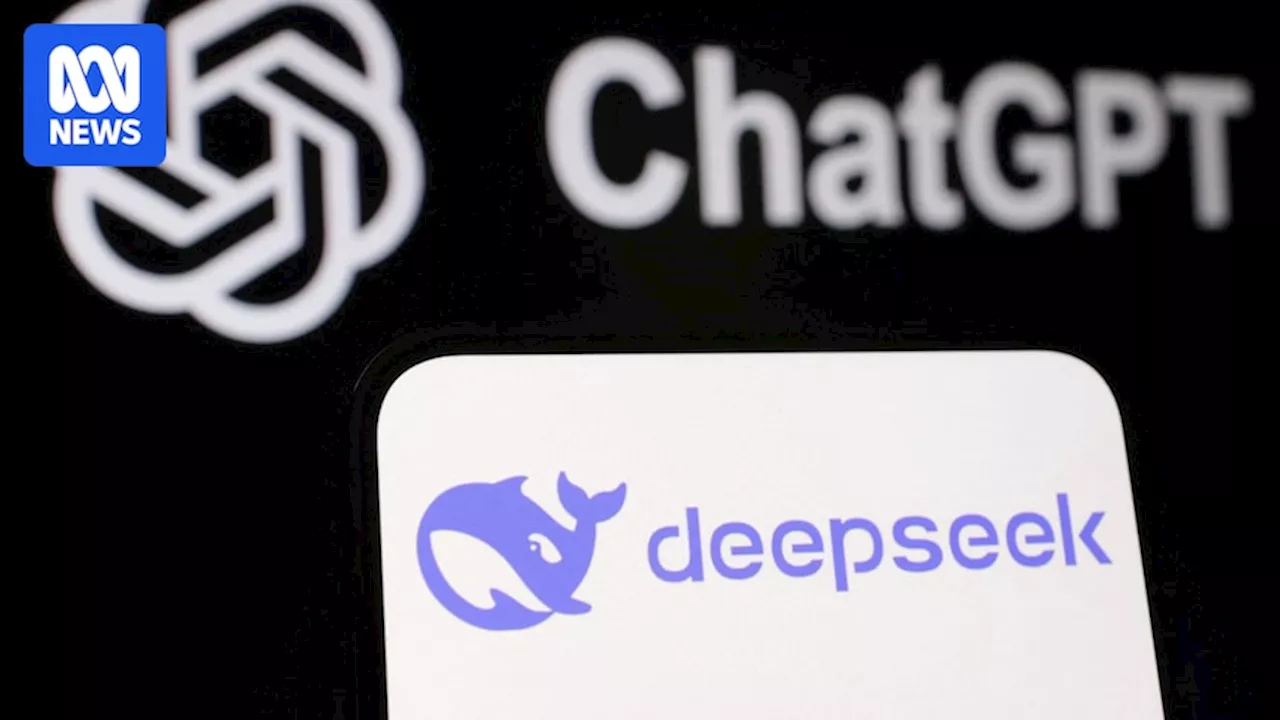 DeepSeek AI Chatbot Triggers US-China Tech Race and Market ChaosA newly launched AI chatbot from the Chinese tech startup DeepSeek has sent shockwaves through US stock markets and ignited a debate about the escalating tech competition between the US and China. The chatbot's rapid rise to popularity, surpassing ChatGPT in downloads, has raised concerns among American tech experts about DeepSeek's ability to match the capabilities of US companies at a significantly lower cost. The situation has highlighted the geopolitical implications of AI development and the need for the US to maintain its technological edge.
DeepSeek AI Chatbot Triggers US-China Tech Race and Market ChaosA newly launched AI chatbot from the Chinese tech startup DeepSeek has sent shockwaves through US stock markets and ignited a debate about the escalating tech competition between the US and China. The chatbot's rapid rise to popularity, surpassing ChatGPT in downloads, has raised concerns among American tech experts about DeepSeek's ability to match the capabilities of US companies at a significantly lower cost. The situation has highlighted the geopolitical implications of AI development and the need for the US to maintain its technological edge.
Read more »
